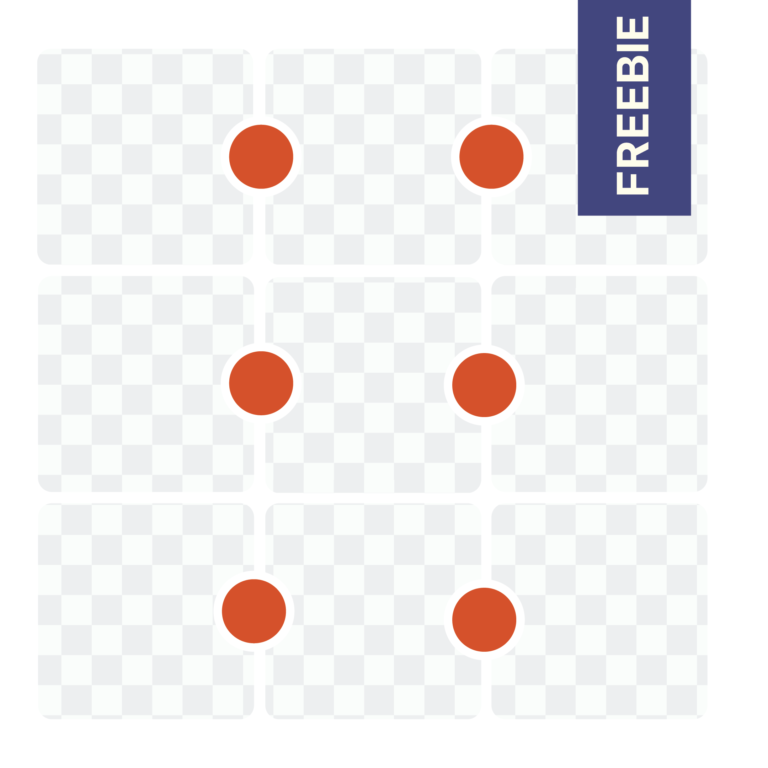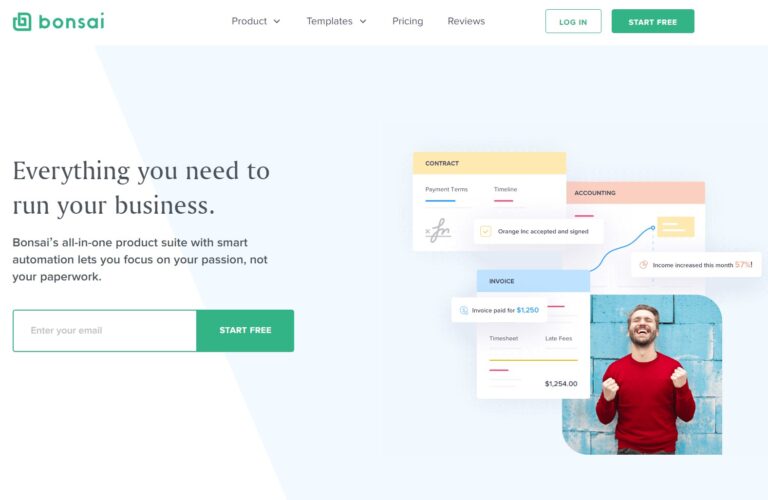Tightening your website’s security isn’t just a safety measure; it’s an SEO power move. While hackers lurk in the shadows, search engines favor fortresses. Imagine your site as a vault; SEO boosts its visibility, but without solid security, it’s like a treasure map falling into the wrong hands. Strong defenses keep threats at bay and signal to Google that you’re trustworthy – propelling your rankings skyward. In this digital duel where SEO rankings, visibility, and security clash, mastering both is not just smart; it’s essential for staying ahead as SEO experts use strategies to combat negative SEO.
In the fast-paced world of online presence, neglecting either SEO or website security can leave you lagging while competitors race ahead. Here’s how intertwining SEO experts and cyber security measures can create an unshakable foundation for your online success, protecting against SEO poisoning.
Key Takeaways
Recognize the critical role of website security in SEO success; a secure site is more likely to rank higher on Google and earn user trust.
Implement HTTPS encryption on your website to potentially enhance your Google ranking and protect user data, as it’s a confirmed ranking signal.
Prioritize the prevention of cybersecurity threats, understanding that a compromised website can lead to a drop in SEO performance and damage user trust.
Maintain consistent website uptime since frequent downtimes can negatively impact your SEO efforts and deter visitors.
Focus on optimizing your website’s performance, including speed and responsiveness, to support both better SEO outcomes and a stronger security posture.
Strive for a balance between robust security measures and a seamless user experience to ensure that security implementations do not deter users but rather contribute to SEO optimization.
In the event of a security breach, act swiftly to recover the integrity of your site to minimize the impact on your SEO standing and reassure users of your commitment to their safety.
Understanding the Significance of Website Security for SEO
Higher Rankings
Google values website security highly. Sites that use HTTPS, a secure protocol and cyber security measure, often rank better according to SEO experts. This is because Google wants users to have safe browsing experiences.
Secure sites appear higher in search results. They get more clicks and traffic as a result. For example, if two websites offer similar content but one has HTTPS as a cyber security measure, it’s likely to rank above the other in SEO experts’ estimations.
Reduced Bounce Rates
Website security can lower bounce rates too. When visitors see warnings about insecure sites, often due to inadequate cyber security measures, they tend to leave quickly, which seo experts know can lead to seo poisoning.
An SSL certificate helps make a site secure. It encrypts data between browsers and servers. Visitors stay longer on such sites which signals quality to search engines, attracting SEO experts.
Boosting Credibility
Security signals enhance SEO credibility as well. Trust badges, secure checkout processes, and cyber security measures tell users that a site is reliable.
These elements improve user trust and experience on your website. Users are more likely to share or recommend trustworthy, cyber security-conscious sites which can lead to increased backlinks—a key factor in SEO rankings.
Connection Between HTTPS and Enhanced Google Ranking
Secure Protocols
HTTPS stands for Hyper Text Transfer Protocol Secure. It is the secure version of HTTP. When a website uses HTTPS, it encrypts data sent between the visitor and the server, enhancing cyber security. This encryption helps protect sensitive information.
Google has confirmed that HTTPS is a ranking signal. This means websites with HTTPS could rank better than those without it. Sites with SSL certificates tell search engines they are trustworthy. Trust can lead to higher rankings in search results.
Impact of Website Security on SEO Performance and User Trust
Ranking Consequences
Website security is not just a technical concern; it impacts SEO performance significantly. When a site suffers from security breaches, search engines like Google may penalize it by lowering its organic rankings. This happens because search engines want to provide users with safe browsing experiences, guarding against cyber security threats and SEO poisoning.
A breach can lead to the injection of malicious content or spam, which degrades the quality of your site in the eyes of both users and search algorithms. Moreover, if Google flags your website as compromised due to cyber security issues, a warning message might display in search results, discouraging clicks and further harming your traffic.
Trust Signals
Including trust seals and cyber security assurances on your website can greatly enhance user confidence. These badges show visitors that you value their safety online. As a result, they are more likely to stay longer on your site — increasing dwell time, which is an important metric for SEO success.
Trust seals come from various security vendors and indicate that a website has passed certain security checks. Displaying cyber security certifications prominently helps reassure visitors immediately upon arrival at your site that they’re in good hands.
Backlink Benefits
Security also plays a crucial role. Secure websites with strong cyber security are more likely to receive backlinks from reputable sources because other businesses want to ensure they’re recommending safe resources to their audience.
A secure connection signals reliability.
It shows commitment towards protecting user data.
It increases chances for collaborations with other trustworthy sites.
Backlinking not only boosts SEO but also enhances overall trust within the digital community surrounding your brand.
Preventing Cybersecurity Threats to Safeguard SEO
Regular Updates
Regular updates are crucial for website security. They fix bugs and close gaps that hackers could use. Think of updates like house repairs. If you leave a broken window, it’s easier for thieves to get in.
Updates should be done often. For example, when a software company finds a problem, they make an update. Installing it keeps your site safe.
Role of Website Uptime in SEO Success
Search Visibility
High website uptime is crucial for maintaining search visibility. When a site is always available, it signals to search engines that it’s reliable and trustworthy. This can lead to better rankings in search results. For example, if two websites offer similar content but one has higher uptime, the more reliable site may rank higher.
Moreover, when users click on a link and find the site up and running, they’re likely to stay longer and explore more pages. This increases metrics like time on site and page views which are positive signals to search engines.
Downtime Consequences
On the other hand, downtime can have serious consequences for your website’s SEO performance. If your site goes down frequently or for long periods, search engines might de-index it from their listings. Imagine a store being unexpectedly closed every time you visit — eventually, you would stop going there altogether.
Search engine bots work similarly; if they encounter repeated downtimes during crawls, they may tag your site as unreliable which could drop its rankings or remove it from search results entirely.
Reliable Hosting
Choosing a reliable hosting provider is essential for consistent SEO performance. A good host offers strong uptime guarantees and quick recovery times if something goes wrong. They also provide regular backups so that if an outage occurs due to cybersecurity issues discussed previously or any other reason, your data remains safe.
Remembering our previous discussion about preventing cybersecurity threats helps here: secure hosting not only protects against hacks but also prevents potential downtime resulting from such attacks.
Optimizing Website Performance for Improved SEO Outcomes
Loading Speeds
Fast loading speeds are vital for keeping users happy. A slow website can frustrate visitors, making them leave before they even see what you offer. SEO experts know that speed is a key factor in search engine rankings.
Google’s algorithms favor websites that load quickly. This means faster sites often appear higher on the search results pages (SERPs). To improve your site’s speed, start by checking your page load time with tools like Google Analytics.
Balancing Security with User Experience for SEO Optimization
Captcha Integration
Captchas are tools to verify that a user is human. They help prevent spam and automated attacks. But, captchas can be annoying. They should not make it hard for users to get around your site.
A good captcha is easy and quick to solve. It does not confuse or frustrate people. For example, simple checkboxes saying “I am not a robot” work well. Complex images or puzzles can turn users away.
Remember, keeping users happy is key for SEO success.
Security Efficiency
Site security needs to be fast too. Slow security checks can cause delays in loading pages which might push visitors away.
Fast security means the website checks things quickly without slowing down the experience of using the site. Think of it like a quick but thorough airport check-in process; you feel safe but don’t have to wait too long.
Efficient security keeps both your content safe and your users coming back.
Trust Indicators
The green padlock symbol in browsers shows that a site has SSL protection. This small icon boosts user trust significantly because they know their data is secure on your site.
An SSL certificate doesn’t just protect user info – it also helps with Google rankings because Google prefers secure sites.
Having this kind of visible trust signal reassures users without affecting how fast pages load or how easily they can access content on your website.
Recovering from Security Breaches to Maintain SEO Integrity
Immediate Action
Taking immediate action after a security breach is crucial. The quicker you respond, the better your chances of minimizing damage to your site’s ranking. When a website gets hacked, search engines may flag it as unsafe, which can cause a significant drop in rankings and traffic.
Firstly, assess the damage and identify how the breach occurred. Then swiftly remove any malicious code or content added by hackers. This might include duplicate content that could harm your SEO efforts if left unchecked.
Regular monitoring for unusual activity is key. By keeping an eye on your site’s performance metrics, you can spot red flags early on.
Communication Trust
After addressing the immediate technical issues, focus on transparency with your users. Inform them about what happened and what steps are being taken to resolve the issue and prevent future breaches.
This openness helps restore trust and reassures customers that their personal information is taken seriously. It also shows Google that you are proactive in managing your site’s health – an important factor for maintaining good SEO standing.
Remember to update all stakeholders regularly until full recovery is achieved.
Audit & Plan
Once initial measures are in place, conduct a thorough post-breach audit of your entire website. Look for any residual vulnerabilities that could be exploited again if not addressed properly.
Developing a comprehensive recovery plan is essential for rebounding from negative SEO impacts due to poor security practices or hacking incidents.
The plan should include:
Updating all software components to incorporate the latest security patches.
Changing passwords across all user accounts related with administration access.
Scanning for any backdoors left by attackers which might allow re-entry.
Implement these changes promptly while continuing regular updates moving forward.
Future Trends in SEO and Cybersecurity Integration
AI Advancements
Artificial Intelligence (AI) is becoming vital in cybersecurity. AI systems can spot threats faster than humans. They learn from attacks to prevent future ones. This means safer websites for everyone.
Organizations will use AI more for security. It will check sites for malware and other dangers automatically. This helps keep your data safe online.
Privacy Rules
Privacy laws are changing how we do SEO. Sites must follow these rules or they could lose their rank on search engines.
For example, the GDPR in Europe makes you ask users before collecting their data. If a website doesn’t do this, it might not show up high in search results anymore.
Security Priority
Search engines may start liking sites with good security more than others soon. This could mean that if your site has strong protection, it might appear higher when people look things up online.
Let’s say you have a website that sells toys and you add extra security features to protect your customers’ information better than other toy sites; because of this, your site might be shown first when someone searches for toys to buy.
Summary
SEO and website security are like two sides of the same coin, with one complementing the other to forge a robust online presence. Your site’s security measures are not just shields against cyber threats but also stepping stones that elevate your SEO game. Imagine them working in tandem, where HTTPS acts as a trusty sidekick to Google’s ranking algorithm, and together they boost your visibility like a superhero duo. By safeguarding your SEO efforts and nurturing user trust, you’re setting up a digital fortress that stands tall in the search engine landscape.
Don’t let cyber gremlins trip you up. Keep your website’s armor strong and watch your SEO soar. Remember, it’s your proactive stance today that fortifies your online kingdom for all your tomorrows. So gear up, stay vigilant, and keep evolving because the digital realm waits for no one. Ready to secure your SEO legacy? Dive into the action and make website security your next victorious conquest.
Frequently Asked Questions
How does website security affect my SEO ranking?
Website security is a key factor in SEO as search engines prefer to rank secure sites higher. Implementing HTTPS, for instance, can boost your Google ranking.
Can cybersecurity threats damage my site’s SEO performance?
Absolutely! Cybersecurity threats like malware and hacking can harm your site’s reputation and lead to lower search rankings.
Why is website uptime important for SEO success?
Search engines value reliability; frequent downtime can hurt your rankings. Keeping your site up ensures it’s always accessible for both users and crawlers.
Do I need to balance website security with user experience for better SEO?
Yes, it’s crucial. Overbearing security measures might deter users, so aim for a balance where both security and user experience enhance your site’s appeal to search engines.
What should I do if my website suffers from a security breach to maintain its SEO integrity?
Act swiftly: clean the breach, restore data from backups if needed, update all passwords, and inform users transparently. Quick recovery helps preserve trust and minimizes negative impacts on SEO.
Are there any upcoming trends in how SEO will integrate with cybersecurity?
Expect tighter integration between the two fields as both become increasingly vital in maintaining trustworthiness and visibility online.








